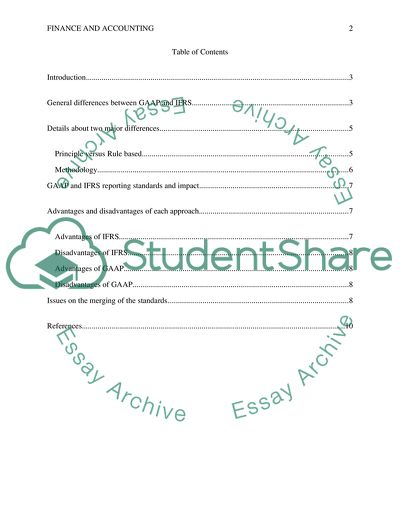Cite this document
(The differences between GAAP and IFRS Essay Example | Topics and Well Written Essays - 1750 words, n.d.)
The differences between GAAP and IFRS Essay Example | Topics and Well Written Essays - 1750 words. https://studentshare.org/finance-accounting/1815575-the-differences-between-gaap-and-ifrs
The differences between GAAP and IFRS Essay Example | Topics and Well Written Essays - 1750 words. https://studentshare.org/finance-accounting/1815575-the-differences-between-gaap-and-ifrs
(The Differences Between GAAP and IFRS Essay Example | Topics and Well Written Essays - 1750 Words)
The Differences Between GAAP and IFRS Essay Example | Topics and Well Written Essays - 1750 Words. https://studentshare.org/finance-accounting/1815575-the-differences-between-gaap-and-ifrs.
The Differences Between GAAP and IFRS Essay Example | Topics and Well Written Essays - 1750 Words. https://studentshare.org/finance-accounting/1815575-the-differences-between-gaap-and-ifrs.
“The Differences Between GAAP and IFRS Essay Example | Topics and Well Written Essays - 1750 Words”. https://studentshare.org/finance-accounting/1815575-the-differences-between-gaap-and-ifrs.


